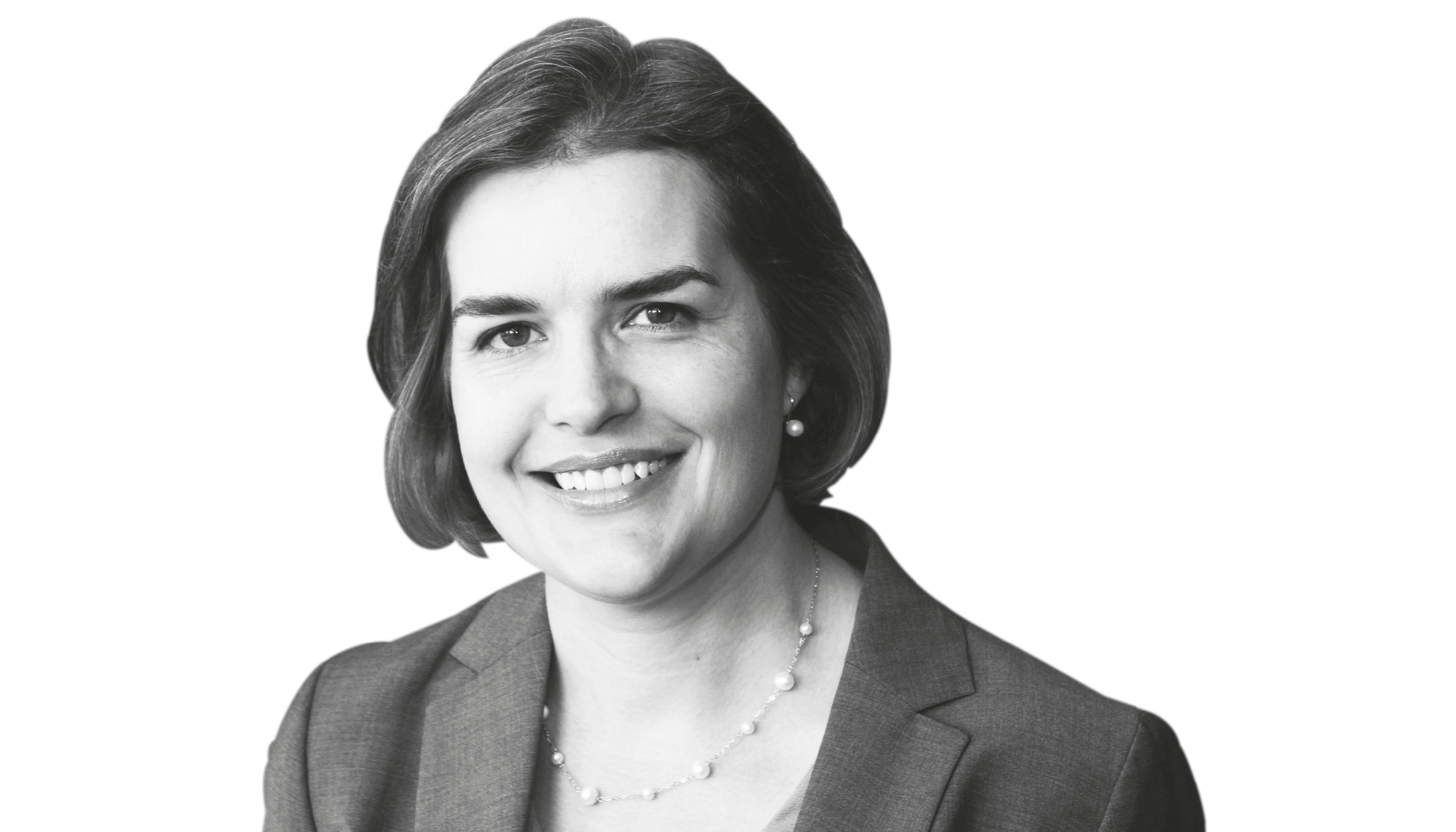Norm Dovichi joined our department during my second year as an assistant professor, and we soon discovered a mutual appreciation for coffee and walking. Over the next seven years, he and I would walk to the local coffee shop almost every day. We would often discuss my efforts to set up a lab that sits at the intersection of cancer biology and analytical chemistry.
In particular, I catalogued – in gory detail – each rejected proposal and manuscript. Norm observed that the best thing I could do for my career (and sanity) was “to be like a duck and let it roll off your back.” He pointed out that distancing myself enough from the feeling of failure would allow me to use the painful criticism to improve my science.

I often reflect on Norm’s advice. It’s challenging to conduct research that is meaningful to both communities. Though I trained as both a chemist and cancer biologist, I find it easier to think as the former. And that’s reflected by my higher success rate when submitting manuscripts to analytical chemistry journals compared with cancer journals. My proposals also fair better at the National Institute of General Medical Sciences (NIGMS) than at the National Cancer Institute (NCI)... Yet I continue to submit proposals to the NCI on a regular basis. Why? Am I a masochist? Maybe. The truth that I’ve come to realize is that if I want to make an impact and push my science in a direction that could have a positive impact on cancer patients, I need to get advice from the people at the forefront of these efforts. Clinicians have a real handle on the breakthroughs needed to improve outcomes for patients.
Over the last few years, I’ve submitted multiple proposals involving our favorite model system – the multicellular tumor spheroid – to both the NIGMS and the NCI. Spheroids are three-dimensional cell cultures – simple mimics of colon tumors. They can be grown from a single monoclonal cell line or by the incorporation of multiple cell types, and my lab has used them as a testbed for developing analytical methods extensively over the last ten years.
Our first rounds of proposals outlined our plans to use monoclonal spheroids. This resonated with the chemistry-based study sections at NIGMS, but hit a wall with the physicians on the NCI study sections. The medical doctors suggested that simple monoclonal cell lines were insufficient to model the complexity and heterogeneity of the epithelial tumor. I was upset when I received these summary statements (rejection is always hard) and I initially ignored the advice. But, the more I thought about it, the more I realized their points had merit. I couldn’t ignore their criticisms – even if it meant overhauling our research approach.
We have expanded our studies over the last year: we now grow co-cultured spheroids. With this change has come additional complexity and numerous new challenges, but also new opportunities. The addition of endothelial cells and fibroblasts alongside colon epithelial cells means that we are now studying cell-cell communication that much more closely mimics that present in tumors in situ – a great asset in the effort to study and treat cancer.
That’s not to say that I no longer get upset with every rejection – I do, but only because I care about my work. It’s important to recognize that sometimes the harder path produces more meaningful results. Criticism is simply the price we have to pay.




